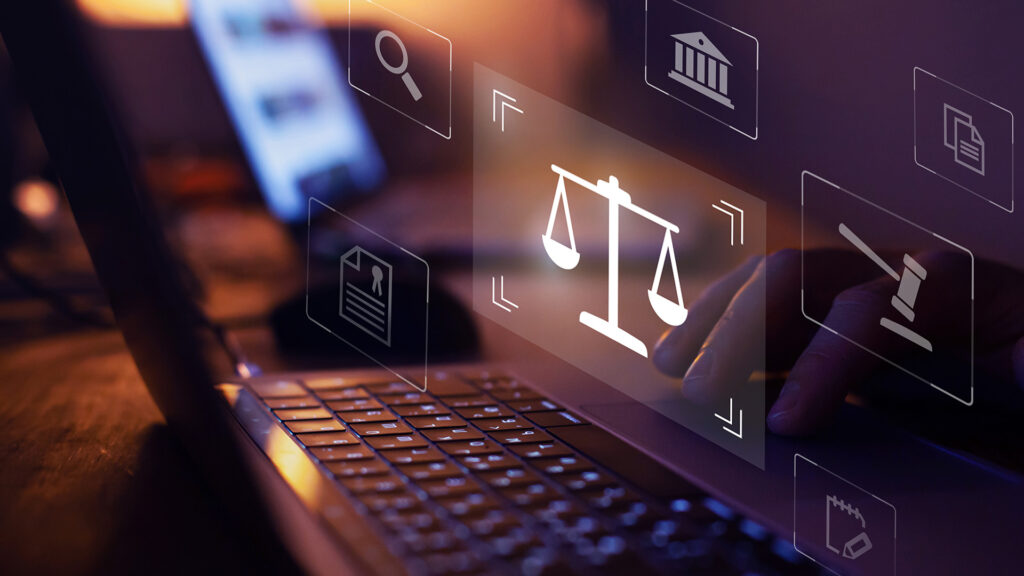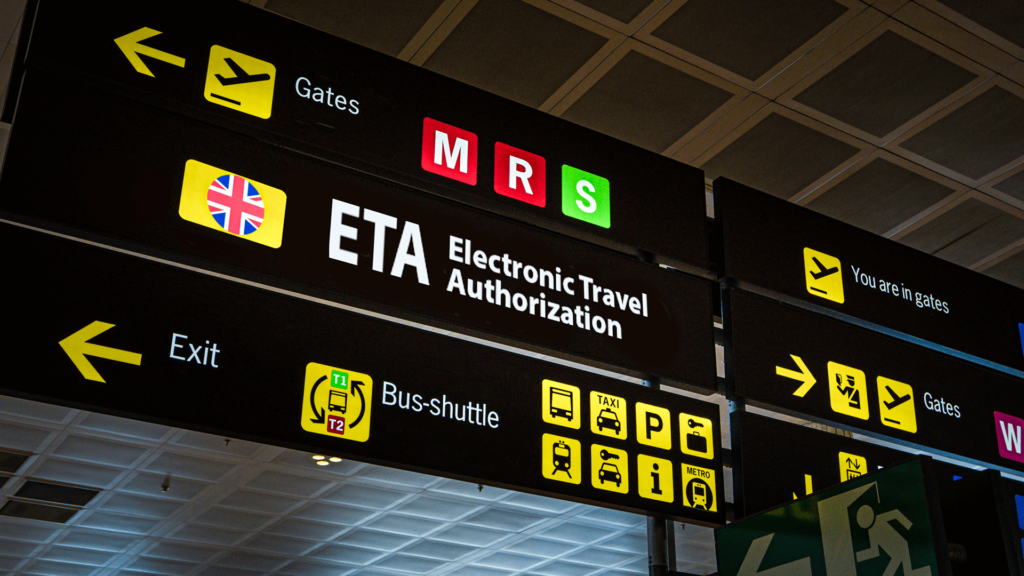On 15 April 2025, the Courts and Tribunals Judiciary published updated guidance to assist judicial office holders on the use of AI. The revision – issued by the Lady Chief Justice, the Master of the Rolls, the Senior President of Tribunals and the Deputy Head of Civil Justice – replaces the December 2023 guidance, reflecting the evolving role of AI in legal proceedings and the need for regulation.
Oliver Wannell-Griffiths and Freya Piper outline the key updates.
Key Updates in the Guidance
The revised guidance introduces several updates aimed at supporting judicial office holders in navigating the growing role of AI in legal settings. Key updates include:
- A more comprehensive glossary of commonly used AI terms to better familiarise judicial office holders with the language and concepts associated with emerging technologies. The glossary now includes terms like ‘hallucination’ and ‘AI agent’;
- Top tips for spotting AI generated submission to assist judicial office holders in determining where AI has been used to draft documents filed by litigants;
- Expanded guidance on the potential pitfalls of AI including the spread of misinformation and bias. Judges are now warned in that “AI tools are now being used to produce fake material, including text, images and video”. The judiciary has always been challenged by forgeries (both alleged and actual), but AI and GenAI now make forgeries much more difficult to determine. The guidance reinforces the need for caution when engaging with AI tools, including deepfake technology in any legal context; and
- Guidance on litigants’ use of AI. Judges are now advised to make clear to litigants that they remain responsible for any AI-generated information submitted to the court or tribunal. Although parties have always been responsible for ensuring the accuracy and reliability of materials they submit, this measure clearly shows the desire of the judiciary to preserve evidential standards and mitigate risks associated with over-reliance on AI.
In addition, judicial office holders will be granted access to Microsoft’s Copilot Chat, an AI-powered tool intended to streamline administrative tasks and assist with legal drafting. Judges will be supported to use this with an IT support guide available on the Judicial College Learning site.
Scope of Application
This guidance applies to all judicial office holders under the authority of the Lady Chief Justice and the Senior President of Tribunals, including clerks, judicial assistants, legal advisers, and support staff.
The updated guidance includes plans to publish a frequently asked questions document to further assist judicial office holders as technology continues to develop, but warns them of the key limitations. In particular, judicial office holders are warned not to use public AI chatbots, or to rely on AI to assist with legal research beyond obtaining “non-definitive confirmation” of already known facts.
Future Developments
The updated guidance is largely a refinement of the previous guidance, but shows that the judiciary is continuing to embrace emerging technologies and prepare for a more tech-driven future. The inclusion of Copilot Chat for judicial office holders is a significant development on this front. However, the judiciary’s overarching obligation to protect the integrity of the administration of justice against the potential unreliability of AI is clear and we anticipate that this will remain a theme of future developments.
How can we help?
If you have any questions in relation to AI and how it could affect your business, please get in touch. One of our tech experts would be happy to assist.




